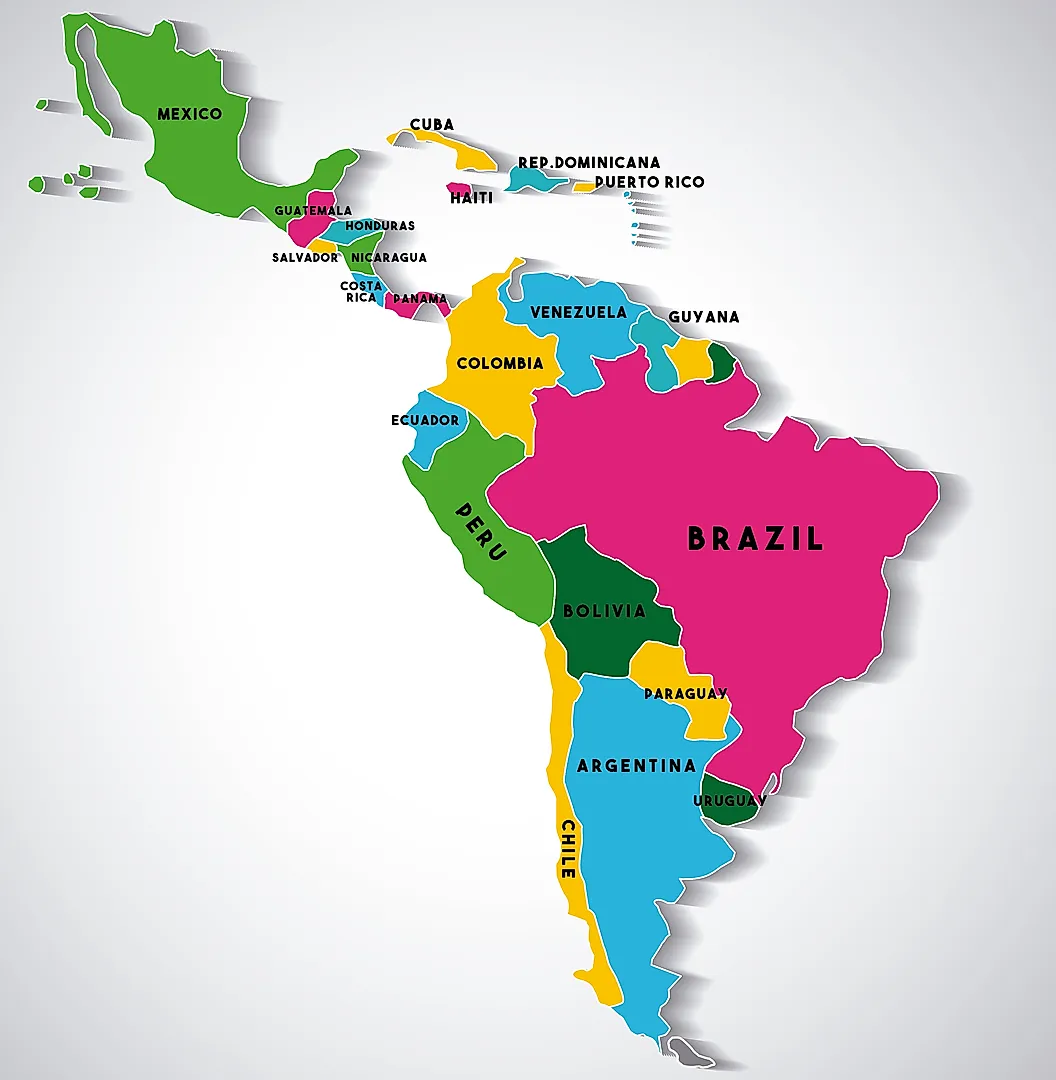On the eve of the November 1 Pride March in Buenos Aires, Amnesty International has warned of “an accelerated rollback of LGBTI+ rights” in Argentina under President Javier Milei’s administration. According to the human rights organization, a process of “institutional and speech regression” began in Argentina in 2023, jeopardizing the progress made in gender and diversity in the country. In its new report The Offensive Against LGBTI+ Rights in Argentina, Amnesty described how “hateful narratives” have translated into concrete measures that “dismantle state structures of protection and inclusion,” creating a climate of “increased hostility.” “This offensive is not unique to Argentina. Globally, there is a clear organized backlash against the advancement of human rights, especially those related to gender equality and sexual diversity,” said Mariela Belski, executive director of Amnesty International Argentina.“This phenomenon, known as backlash, is not an isolated event, but rather a reactive, coordinated, and well-funded response, with institutional and ideological ties, to the progress of agendas that have historically challenged privileges and power structures surrounding gender and sexuality,” she added. Government hate speech The government’s anti LGBTI+ speech was institutionalized in August 2024, when Justice Minister Mariano Cúneo Libarona stated that the government rejected “the diversity of sexual identities that don’t align with biology.” In a hearing before Congress’ Commission on Women and Diversities, he dismissed trans and nonbinary gender identities as “subjective fabrications”, while also playing down gender-based violence by stating violence should be punished “regardless of gender.” Three months earlier, a man had set two lesbian couples on fire in the boarding house where they lived in the Barracas neighborhood of Buenos Aires. The man, a neighbor, threw a homemade firebomb into the room while they were sleeping and later tried to prevent them from escaping by beating them. The sole survivor of the attack, a 51-year-old woman, spent over a month in hospital. In 2025, the outspoken rhetoric against LGBTI+ rights peaked with Milei’s speech at the World Economic Forum in Davos in late January. He accused “the LGBT agenda” of trying to “impose on us that women are men and that men are women just because they perceive themselves that way”. Milei went on to say that “in its most extreme version, gender ideology simply and plainly constitutes child abuse.” His words prompted a nationwide protest. Milei claimed that he had been misquoted, that the video footage of his Davos speech had been edited, and that protesters had been used for political gain, reposting dozens of X posts that mocked them. Amnesty’s report also details setbacks in public policies on LGBTI+ rights in Argentina since Milei took office. These include the elimination of state institutions like the ministry of health’s Directorate of Gender and Diversity and the National Institute Against Discrimination (INADI, by its Spanish initials). The list also mentions the banning of inclusive language and inclusion of the gender perspective across all national administration offices, as well as the presidential decrees that amended Article 11 of the Gender Identity Law, restricting access to healthcare for transgender adolescents. According to Amnesty, the decree imposed a total ban preventing minors under 18 years of age from accessing hormonal treatments and/or surgical interventions linked to their self-perceived gender identity. A series of attacks In the weeks following the Davos speech, more violent attacks against lesbians, trans people, travestis (a diverse gender identity that, unlike its English equivalent, is worn with pride in Argentina), non-binary people and gay men took place. On January 29, six days after Milei’s speech, a man in Cañuelas, in Buenos Aires province, set fire to the house where a lesbian couple lived with their daughter, who had previously reported the man for harassment. In early February a man in Orán, Salta, stabbed a 32-year-old lesbian activist after breaking into her home at night, while the victim was sleeping. On April 3, Afro-travesti artist Joy Hoyos reported on social media that she had been assaulted by a group of men in the street who insulted her and left without robbing her. “Extreme violence against LGBTI+ people, whether in public discourse or in general, coupled with the dismantling of prevention and protection policies, has a direct impact on daily life,” Amnesty’s report stated. “Dehumanization, misinformation, and the lack of comprehensive response mechanisms create an enabling climate of exclusion, aggression, and even murder against LGBTI+ people,” they added.
Amnesty International warns of backlash against LGBTI+ rights in Argentina
Date:




